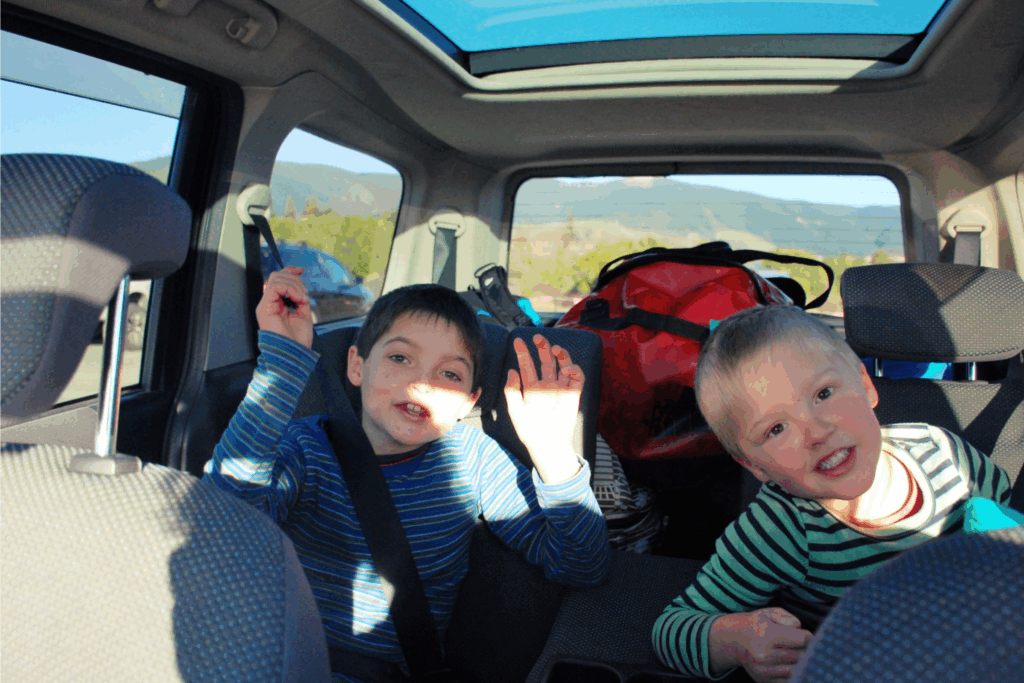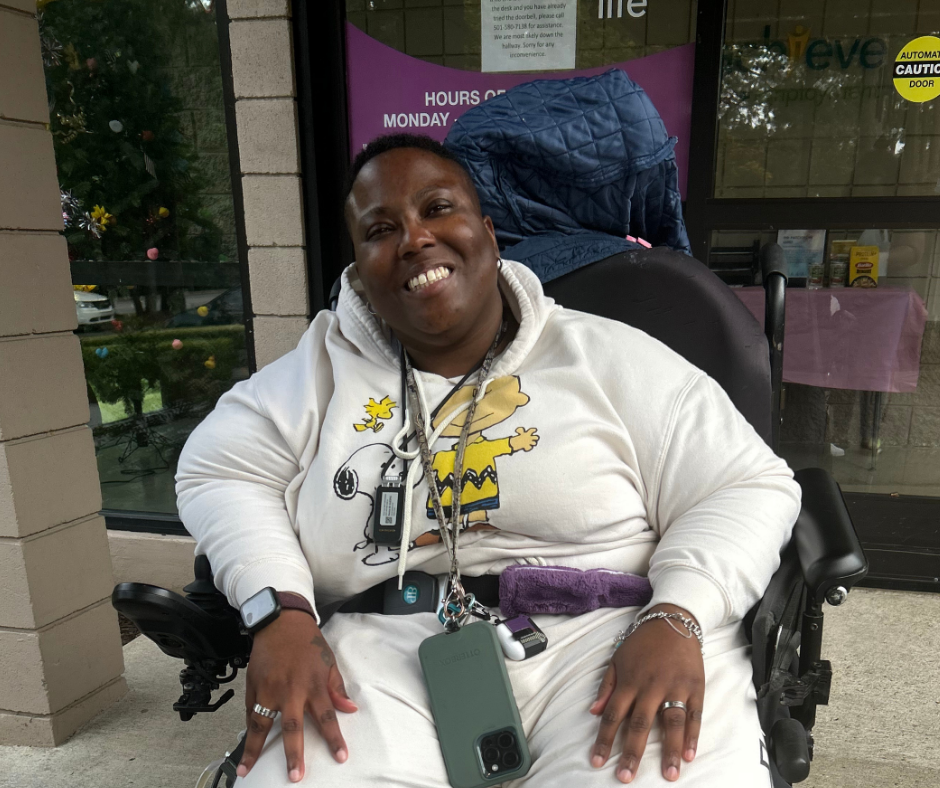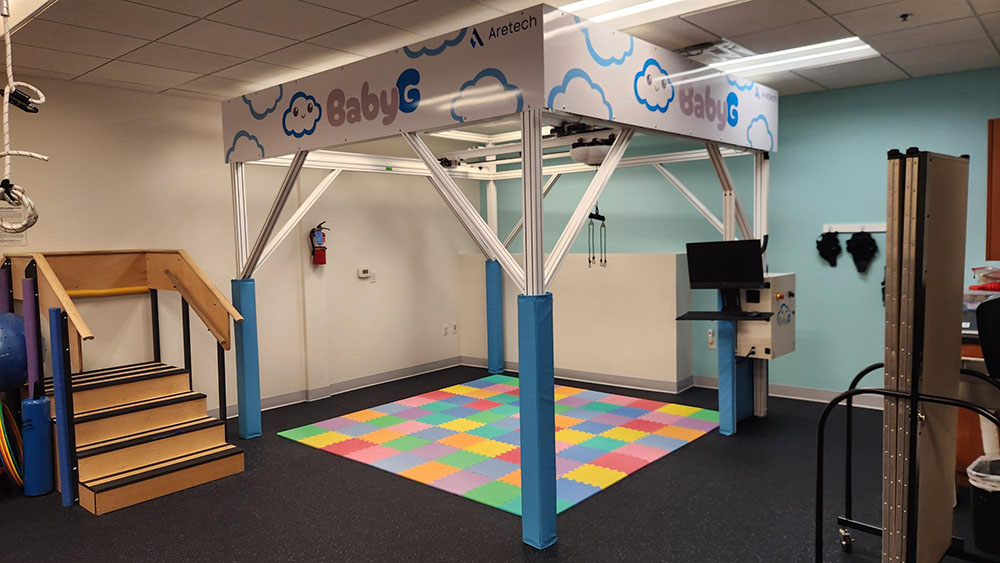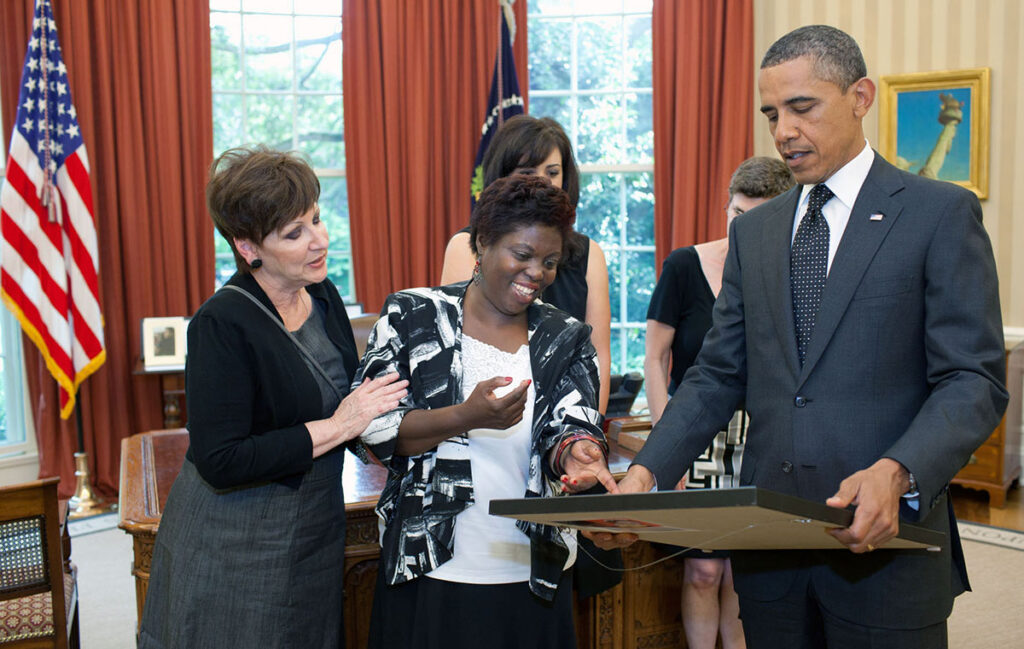Traveling with young children who have a disability like cerebral palsy or autism can be challenging, particularly when it comes to navigating their accessibility needs. However, the rewards of family adventures often make any additional planning and preparation worthwhile. Travel offers opportunities to strengthen familial bonds, create lasting memories, and introduce children to valuable life experiences.
Here are several compelling reasons to travel while your children are young, along with practical tips to help you overcome common challenges.
1. Strengthen Family Bonds
Travel is a great way to escape the daily grind and connect with each other on a deeper level. Family trips allow you to spend uninterrupted time together, away from work emails and household chores. For a child with a disability who may experience extra stress in their day-to-day life, travel can offer a refreshing change of pace.
Choose destinations or activities where your entire family can interact inclusively. Look for places with wheelchair-accessible trails, sensory-friendly museums, or family-friendly hotels. This ensures that the whole family can enjoy and connect in the travel experience equally.
2. Expose Your Children to New Experiences

Every new experience, no matter how small, can help a child grow. Traveling introduces kids to diverse environments, cultures, foods, and people, which broadens their understanding of the world. For children with disabilities, these experiences can enrich their cognitive and emotional development.
It’s best to research activities suited to your child’s abilities and interests. For example, accessible aquariums or petting zoos can be fantastic sensory experiences, while train rides provide adventure without too much physical exertion.
3. Boost Confidence and Curiosity

Travel helps build resilience and fosters independence in all children. Simple milestones – like navigating an airport or experiencing a new form of transportation – can boost a child’s confidence. These moments can also empower children to step outside their comfort zone in fun and manageable ways. Many airports now include sensory rooms that help travelers reset when they get overwhelmed by noisy and crowded hubs.
Be sure to prepare your child in advance to ease apprehensions about changes to their usual routine. You may want to talk about where you’re going, show them pictures of what to expect, and involve them in small planning decisions, such as choosing what to pack.
4. Cultivate Inclusion and Acceptance

Travel allows children with cerebral palsy to experience diverse communities and fosters inclusion. When children see how different people live and thrive, it can reinforce the fact that there are lots of people who have disabilities and experience the world in different ways. Similarly, for siblings of children with disabilities, travel fosters empathy and understanding by showing them that differences can be celebrated.
To get the most out of your experience, seek inclusive travel destinations or programs that cater to varying needs. It’s important to choose locations that prioritize accessibility and inclusivity for children to thrive.
5. Encourage Parent Growth and Adaptability
Travel not only benefits children but also empowers parents. For example, adjusting to new environments can teach you new ways to manage your child’s needs outside the comfort of home. For instance, successfully navigating transportation or providing medical assistance in an unfamiliar place reinforces your ability to problem-solve, adapt, and grow, and ultimately benefits your child as a result.
No matter where you choose to travel, be sure to confirm whether destinations can accommodate your child’s requirements ahead of time. You might want to contact your accommodation to check for wheelchair ramps, ask about flexible dining options, or inquire about on-site first aid facilities. Feeling prepared reduces stress and leaves both you and your child free to enjoy your time together.
6. It’s Easier to Travel While They’re Younger

While traveling with young children has its challenges, some aspects of family travel can become more difficult as kids grow older. For instance, younger children may be more adaptable to spontaneous changes in plans or be more willing to spend downtime relaxing between activities. Additionally, school schedules and other commitments can become more demanding and limit travel opportunities as children get older.
For a top tip, try to take advantage of off-season travel to quieter destinations when crowds are smaller. This will not only save you money, but it’ll also help your child to avoid sensory overload and long waiting times, which can be tough for children with disabilities.
Experiences that Strengthen Bonds
The thought of traveling with young children can feel overwhelming, and when it comes to managing their additional needs abroad, it can be particularly challenging. However, the rewards of travel can be monumental for the entire family. With careful planning and an open mind, you can create experiences that strengthen your bonds, enrich your children’s lives, and inspire you as a parent.
Every trip is a chance to build precious memories and nurture personal growth. Start small with a weekend getaway or a short road trip, and build from there – remember, the world is full of adventures that you can enjoy as a family.




